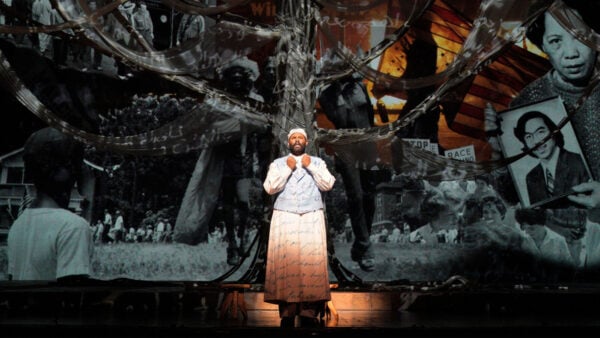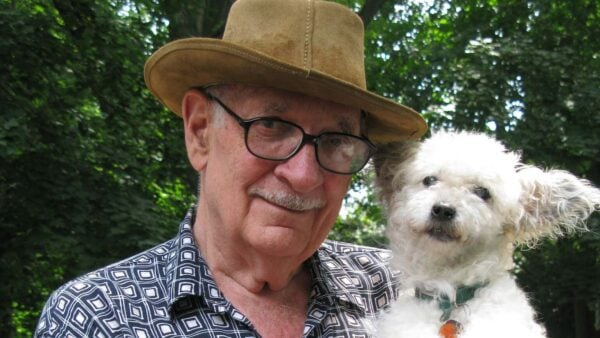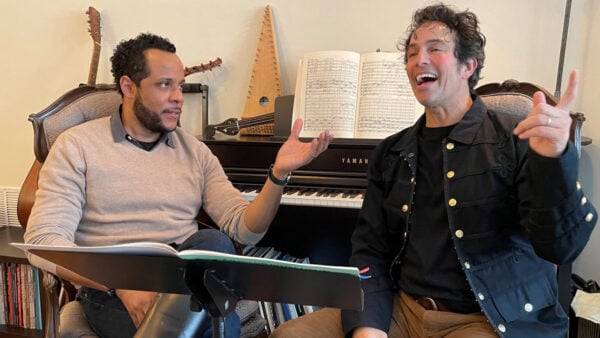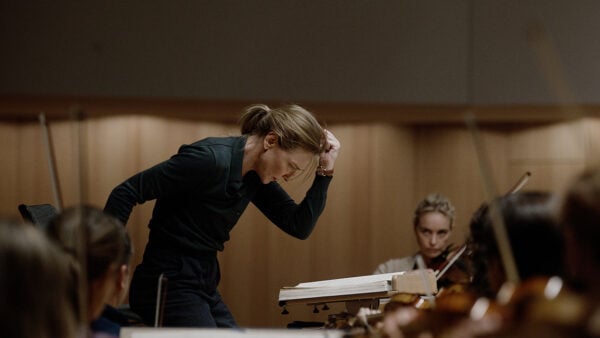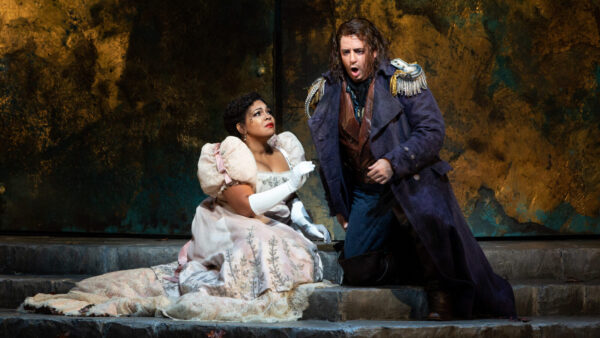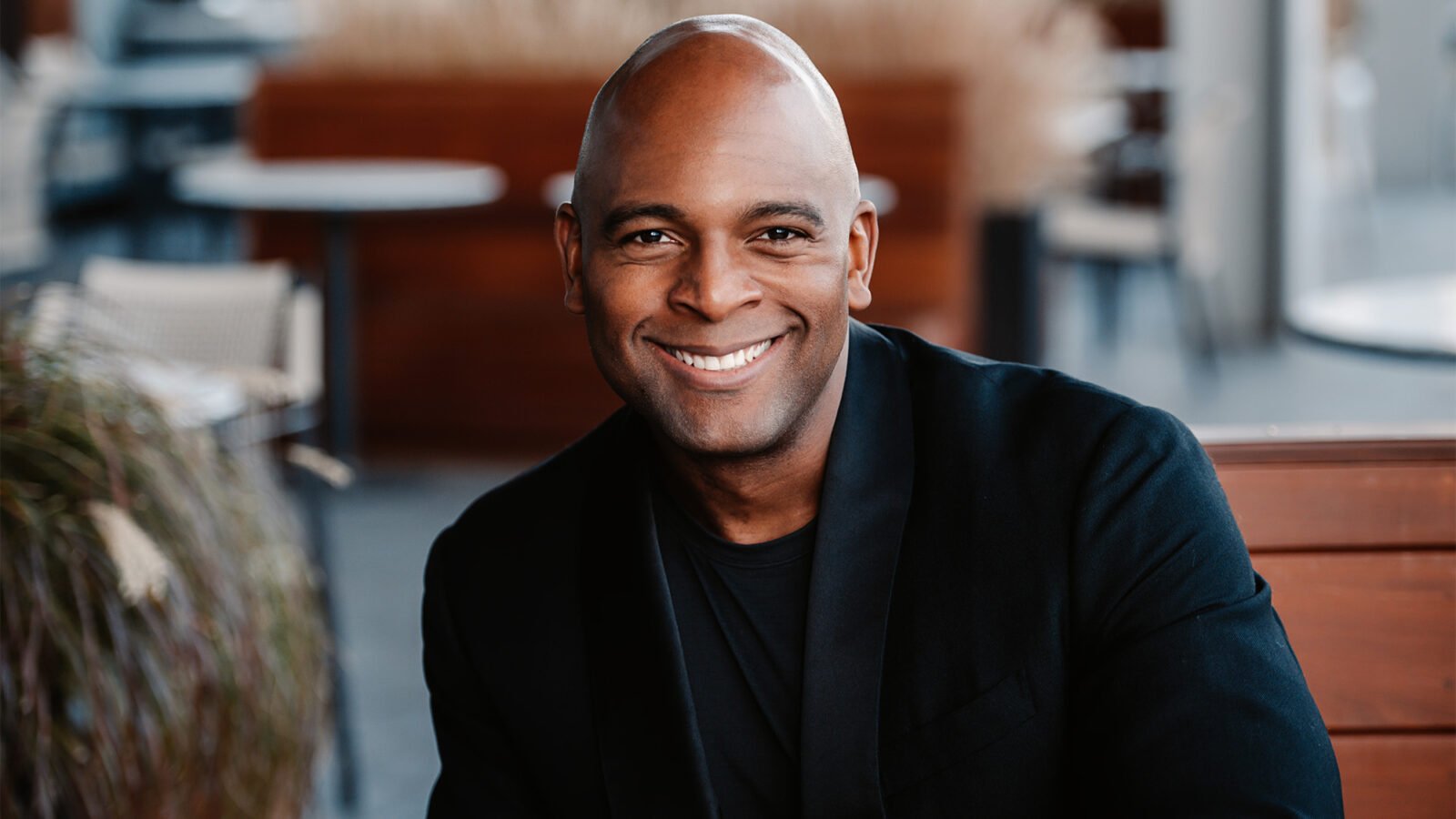
Ryan Speedo Green (Photo: Jiyang Chen)
Ryan Speedo Green burst onto the scene in 2018 after the publication of the Daniel Berner-written biography, Sing for Your Life: A Story of Race, Music, and Family, which chronicled the African American bass-baritone’s journey from juvenile delinquent to opera’s rising star. His burgeoning career came to broader attention after being profiled on CBS’s 60 Minutes.
Since then, Green — whom friends and colleagues call “Speedo” — has exceeded the promise of his career, achieving benchmarks not even he could imagine, such as being a poster child for the Metropolitan Opera’s 2022-23 season as the lead in Terence Blanchard’s Champion.
We caught up with Ryan Speedo Green, who returns to Chicago to perform a highly personal selection of arias with the Chicago Philharmonic on Saturday, October 14.
WFMT: Can you talk about the experience of being a part of the landmark revival of Porgy and Bess at the Metropolitan Opera in 2019, the production that had performances added to meet public demand?
Ryan Speedo Green: To be a part of the same show as Eric Owens and that all-star cast (like Angel Blue and Latonia Moore) truly felt like an invitation to the picnic. Eric Owens is one of my childhood idols. He is one of the greatest musicians —not just African American—I’ve ever met in my life. Eric pushed me to believe that I’m capable of more than I thought. It was also my first time performing with Denyce Graves, who is the reason why I’m even singing opera.
WFMT: Your career was on an upward trajectory. Then came the events of 2020.
Green: The greatest moment of 2020 was the birth of my second son because 2020 pretty much sucked for everybody. I lost all my gigs and almost lost my home. I went into a huge depression. It was one of the worst years of my life. But it was also the biggest trial for me as a man, as a husband, and as a father.
I pushed myself to work on my voice and started working on my body, which happened to be perfect timing for 2021. I was performing in Fire Shut Up in My Bones as Uncle Paul when my manager called to ask how quickly I could relearn Varlaam in Boris Godunov, a role I had sung in Vienna in 2016. Anything is possible with enough coaching. I was ready to sing off-book in three days and ended up jumping in as Varlaam at the Met on top of singing Uncle Paul, singing Jake and covering Crown [in Porgy and Bess], singing Colline in La bohème, and singing Truffaldin in Ariadne auf Naxos all at the same time.
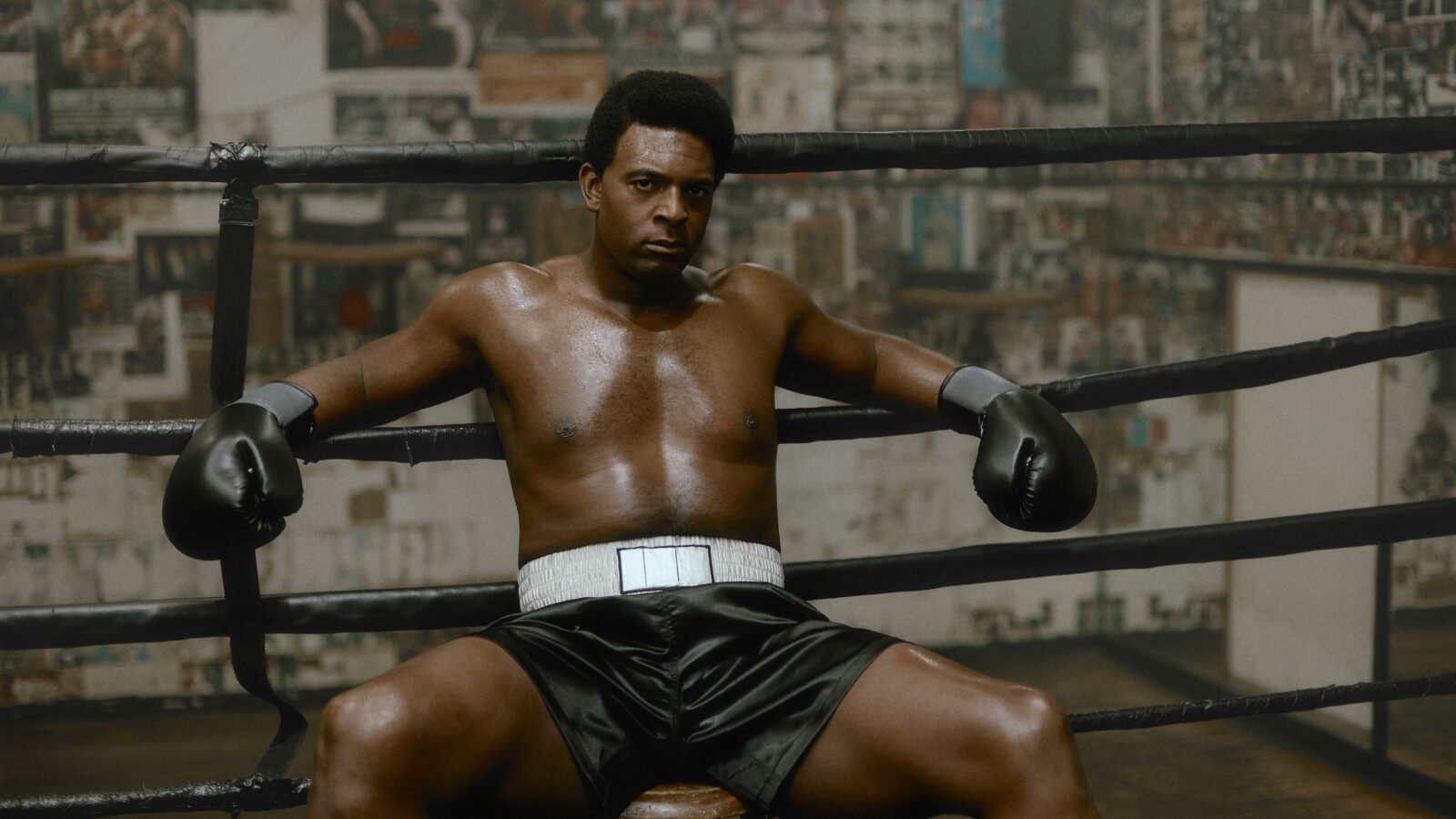
Ryan Speedo Green as Young Emile Griffith in Terence Blanchard’s Champion (Photo: Zenith Richards / Met Opera)
Because of the sheer number of people seeing me on stage at the Met, I went from being relatively well known to becoming a household name overnight. It wasn’t planned, believe me!
It impressed enough people in the administration that Peter Gelb (the Met’s general manager) came to me and said, “I think you’re ready for a lead role. How would you like to be the lead in Champion?” And I told him, “Mr. Gelb, I promise that if you give me this role, I will make sure not only that I sing it to the best of my abilities, but I will look the part and I will be physically and mentally in the right space to be able to portray a boxer on stage.” It was a once in a lifetime opportunity that I didn’t take lightly.
WFMT: Can you describe how your program for the Chicago Philharmonic relates to roles you have already sung or roles you will sing in the future?
Green: It is rare, not only for a male singer who’s not a tenor, but especially a bass-baritone to be able to do this kind of concert with an orchestra like the Chicago Philharmonic.
I want to give people a taste of some of the music that made my early career, like “La calumnia” from The Barber of Seville and the coat aria from La bohème. I competed with these arias as a young singer. I had to include arias from Terence Blanchard’s operas, as they have opened the door for so many people of color. It is our moment right now, for African Americans, to see and tell our stories.
The last piece will be the monologue from The Flying Dutchman, which is my dream role. The first Wagner opera I ever saw was Parsifal. As a 15-year-old, I thought Wagner was trash compared to Carmen and La bohème. But as I grew older and had the chance to perform in my first Wagner opera — ironically, Parsifal — I had a ‘come-to-Jesus’ moment. I could not believe how much that music moved me; how much my colleagues Jonas Kaufmann and Peter Mattei moved me — their artistry, physical and vocal stamina performing this music at the highest level. Most actors can’t do a 22-minute monologue. Imagine doing it with notes and rhythms and a 100-plus-piece orchestra! To be able to reach that level, I had so many mountains to climb. In about a month, I’ll be singing Heinrich in Lohengrin at Deutsche Oper Berlin, which is an hour and 20 minutes of singing! When I look back at myself as a 26-year-old, doing my first Parsifal, you could have never told me that one day I would be singing Wotan in Das Rheingold with Gustavo Dudamel and the LA Phil.
Ryan Speedo Green joins the Chicago Philharmonic for Aria Masterpieces with Ryan Speedo Green on Saturday, October 14 at the Harris Theater for Music and Dance. For more information, visit chicagophilharmonic.org. This interview has been edited for length and clarity.

